The plights of Tamils and Burmese Muslim Rohingyas
in the hands of Buddhists are ignored by Muslim countries
COMMENTS: Tamil and Burmese Muslim Rohingyas are dying in the Buddhists countries, Sri Lanka, Burma and Thailand. ‘Islamic’ countries shamelessly closed their mouths shut. The shouting and protest against Israel and USA, and the tears for the Palestinians made them hypocrites because of their RACIAL DISCRIMINATIONS.
The struggle of the Tamil people in Sri Lanka to find a solution to self-autonomy and self- determination for their own land where they have lived there since times unknown cannot come under the purview of a Sinhala-dominated polity.
While there has been a lot of confusion over terrorism and the independence struggle, it is quite clear now that the Tamils in Sri Lanka do not come under the purview of terrorism anymore but stand distinctly as freedom fighters.
Richard Nixon called Yasser Arafat a terrorist and so did Ronald Reagan. But Bill Clinton and George Bush went on invite him into the White House and recognised him as a the leader of the Palestinians. If one were to review the pages of Life magazine, one would see lots of photographs proving Yasser as beyond doubt the champion of plane hijackers.
But I have always felt true to heart that the best way to initiate a struggle against oppression and social injustice is via non-violence. Mahatma Ghandi started his struggle some 80 years ago in South Africa against apartheid and eventually relieved India from the British.
This strategy also worked very well for Nelson Mandela in South Africa and for Martin Luther King Jr in the US.
While the Tamils have had always preferred peaceful coexistence with the Sinhalese, the Sinhala government has always preferred to imbue dominance over the Tamils.
The late prime minister of Sri Lanka, Dr Bandaranayake, coming from an Anglican family, converted to become a Buddhist and started his campaign of covertly and overtly orchestrating the ‘political decapitation’ of the Tamils who were then in dominance in the businesses, civil service and education sectors in Sri Lanka.
The seeds of hatred were sown by the incapable leaders of the Sinhalese who could not devise adequate plans to uplift the socially and economically downtrodden Sinhalese people. Hence, they chose to disintegrate the world of the hardworking Tamils and made them become second- class citizens in their own land.
In 1973, Father Sebastian Pillai called for defiance of the Sinhalese-dominated Sri Lanka and ever since then there has been no end to the struggle of the Tamils for various options including a political solution, a self-autonomous region and finally a separate land.
Back in 1983, when I was studying in the Netherlands, I had the opportunity to meet the late Katheeswaran Loganathan who was campaigning against the LTTE.
That particular Sunday, I had come back from giving a talk in the city of Harlem to about 300 Sri Lankan Tamils who had come from various parts of Europe and belonging to various groups and factions of the Tamil struggle for Tamil Eelam.
Katheeswaran was angry with me for supporting the cause of the Tamils. I told him: ‘I am a Tamil and how can I disdain the struggle of our own people? This is a fight for self- determination and one cannot submit to the will of dominance unless there is integrity in the government to show genuineness for the cause of the minority’.
He never spoke to me after that and even refused to shake hands with me during our graduation ceremony from the same institute. I thought he was politically immature. Later on, when he organised the Bhutan Talks between the various factions and the Sri Lankan government leaving the LTTE isolated, I did not wish to get involved. I was already back in Malaysia.
On my way back from my studies, I stopped at Chennai and had a meeting with the renowned Sri Lankan parliamentarian and leader of the Tamil democratic movement of Sri Lanka.
The late Appapillai Amirthalingam was virtually living in Chennai as a political guest of the then chief minister of Tamil Nadu, MG Ramachandran. He, too, instigated that I convey his message of peaceful coexistence to the dissident groups, which believed in self autonomy but by then the leader of LTTE, Vellupillai Prabhakaran, had already declared the call for a separate land.
As I visited some of the refugee camps in Mandamam in Tamil Nadu along with some of my friends, the number of refugees from across the Palk Strait had already increased. The war had begun.
The leaders who believed in political solutions were not integrated and one by one were assassinated either by the Tamil or Sinhalese side. The assassination of the former prime minister of Sri Lanka, Ranasinghe Premadasa, Lalith Adulya Mudali and the blinding of one eye of the another prime minister Chandrika Bandaranayake were indeed a heavy price for the Sinhalese.
On the side of the Tamils, Padmanabhan of the EPRLF, Uma Mahewaran of Plot and Sabaratnam of Eros were one by one assassinated leaving behind the LTTE as the only supreme representative of the Tamils. However, one cannot forget the greatest loss for India in this struggle, the assassination of the then prime minister of India, Rajiv Ghandi.
It was a great price for India to pay for a messed-up foreign policy devised by the then foreign minister, the late Narashima Rao in getting involved on the side of the Sri Lankan government.
Over 70,000 people on both sides have been killed in the war in Sri Lanka. It has been waging for the last forty years now and it cannot be placed second to the cause of the Palestinian struggle for self-determination.
While we believe the Palestinians have every right to self-determination, we must also be ready to acknowledge the same for the Tamils in Tamil Eelam.
Over a hundred million Tamils live on the planet and it is almost certainthat all Tamils believe that the international community must now provide the same recognition for the Tamil issue in Sri Lanka as it gives to the Palestinian issue in Israel.
The UN Human Rights Commission head, Navaneetham Pillay, must now directly get involved as she did in resolving the human rights violations in Rwanda-Burund. She must place before the UN Security Council her independent report on Sri Lanka.
The UN must reckon that a political solution is needed and call for both leaders to talk further on how to work out an acceptable solution. The Tamil issue is critically important as the Palestinian issue.
| Tamil issue as important as Palestinian issue BY Richard Kamalanathan IN MALAYSIAKINI |
Filed under: Burma |






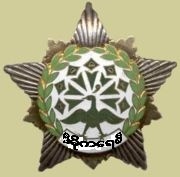

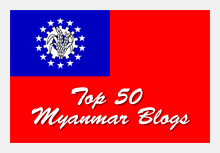
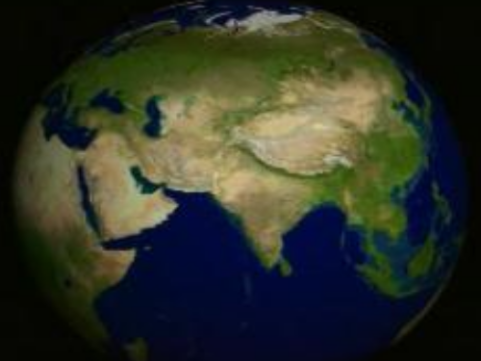

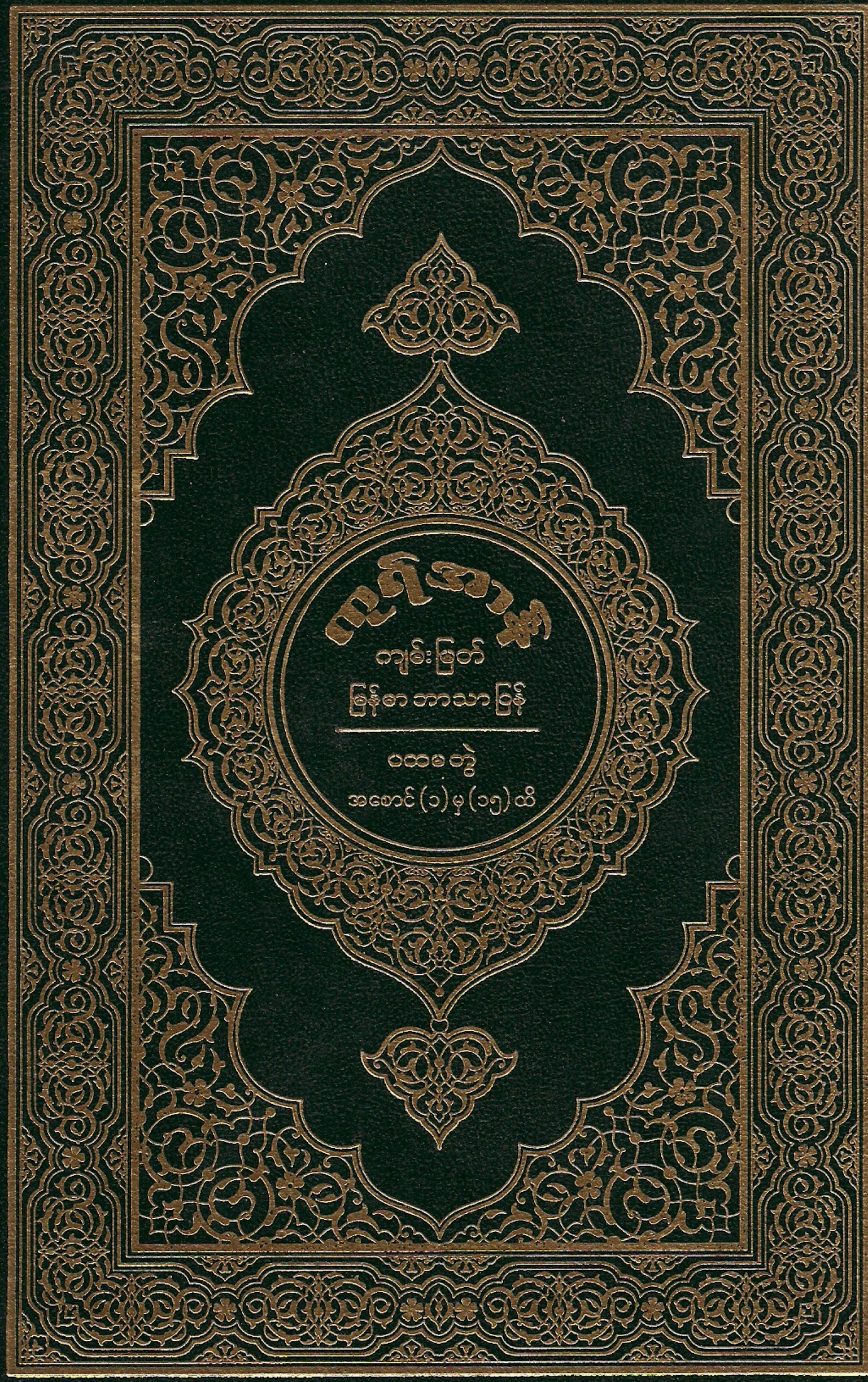
+(Small).jpg)
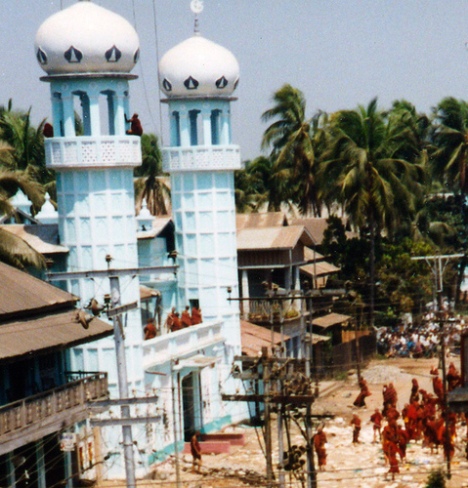

Leave a comment